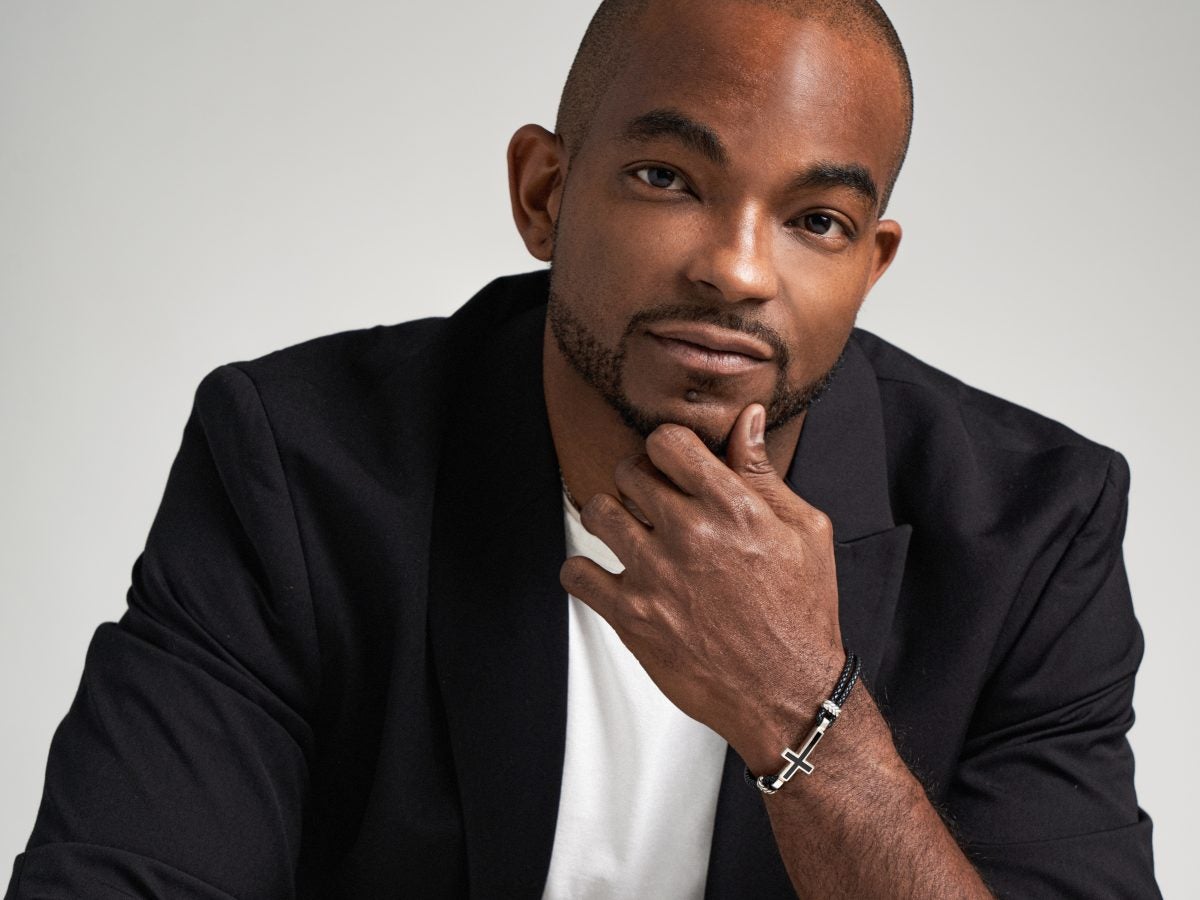
Historians say that more than 500 Black newspapers were created in the 35 years between 1865 and the start of the 20th century. This was a time when press advocacy was critical as Black people rallied to support one another after the ending of slavery.
“The Black press was never intended to be objective because it didn’t see the white press being objective,” Phyllis Garland, a professor at Columbia’s journalism school, said in PBS’s film on the Black press. “It often took a position. It had an attitude. This was a press of advocacy. There was news, but the news had an admitted and a deliberate slant.”
Oh, how history repeats.
More than two hundred years later, the Black community is again at a juncture that calls for widespread unification as the fight for racial equity continues. Over time, Black-owned and led press entities were more robust with the likes of John H. Johnson founding Johnson Publishing in 1942, Robert Johnson (no relation) launching BET nearly 40 years later and the litany of other Black press owners in the years between. More recently, Black media has increasingly become white-owned, and those that are still under Black ownership have become less objective.
Detavio Samuels is aware of this.
He was tapped to run Black-owned media company REVOLT three years ago from its elephantine founder Sean “Diddy” Combs under the mission of authentically telling stories centering hip-hop culture in a fresh way. And much like the Bad Boy boss himself, Samuels realized he needed to be visible in order to do that.
Before joining REVOLT, the Stanford grad led business growth strategy for Interactive One (formerly Radio One) and was at the helm of pushing key initiatives behind the scenes. He’d grown accustomed to being the kingmaker, not the king.
“The days of CEOs getting to hide behind their corner office are gone,” he told ESSENCE, noting that the music-oriented digital cable television network was founded to pick up where MTV left off. “We want to get back to centering authentic and the best way to do that is with powerful storytelling.”
That’s what he said drove the decision to host a video-first podcast on the network called The Blackprint. Samuels sits down with his industry peers, popular celebrities, and essentially, the “people who make crazy ideas come to life” about what it took to make it happen. The show isn’t a new concept, but he says it’s culturally significant and very necessary.
“Being able to hear these stories from these Black people breaking the very barriers that were erected specifically because they’re Black, on a Black-owned media platform is critically important—we don’t own enough of our own narratives.”
REVOLT is one of the few Black-owned multimedia press companies in a largely homogenous media landscape. Diddy and fellow mogul Byron Allen have called out the meager Black representation the industry currently boasts.
“Media is the most powerful industry in the world but it’s the industry where we have the least amount of ownership, influence, and control,” Diddy wrote in an Instagram post in March.
Samuels agrees.
“I was in talks to come to REVOLT at a time when I’d just lost my father, so I was really at a place where I was trying to figure out how to further his legacy,” Samuels said of his college professor father. “As I’m processing his death, I’m realizing that there’s such a commonality between my father and myself in that he spent his career walking into white spaces, championing Black culture, trying to get people to see us differently, and that I had been doing that my whole career. He did it in the academic space. I did it in the media space. And so listening to Sean Combs’s vision and having this desire to continue the legacy, it felt like an incredible opportunity to build my father’s legacy and support Sean Combs in building this incredible vision that he had.”
He says that the dissemination of once gate-kept knowledge from highly successful Black change agents is one way he’s doing that.”
“We all need a life roadmap because this journey we’re on isn’t always linear,” Samuels said. “What better way source to learn from than your own people who are creatively dangerous and impassioned about creating pathways for others?”
He added: “My prayer is media flips back to Black-owned like it was decades ago. I pray that those with the means to make that happen takes on the takes because it’s a huge responsibility. There’s so much power in the Black story. And we should be the ones wielding it.”